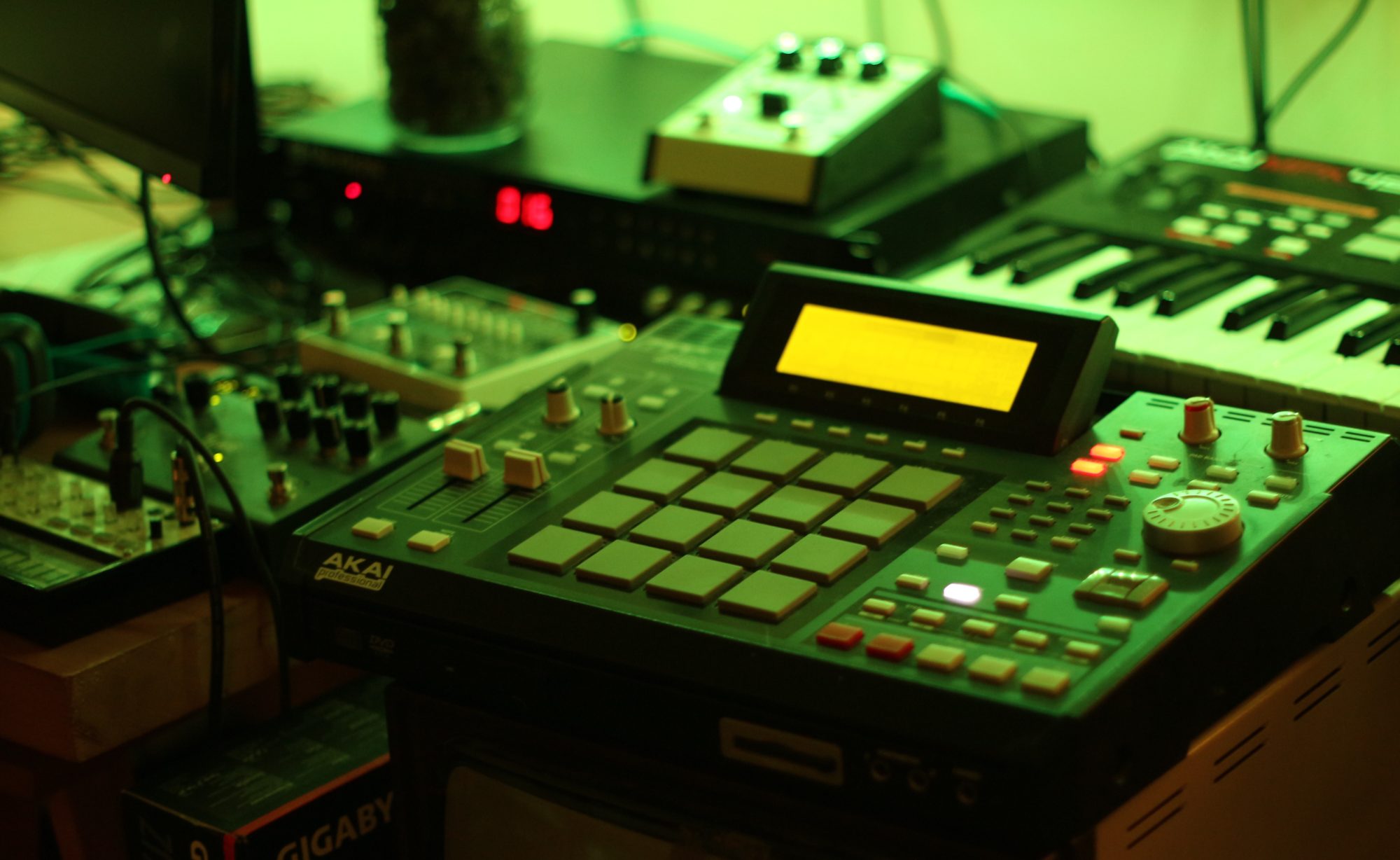Just though I’d post an update on my earlier post about installing Python 3.1.3 from source code on Debian Linux.
Although I wouldn’t encourage you to use it as your main environment some of you may be interested in trying out the latest development branch of Python to test new features or to help with finding and reporting bugs.
As of writing this, the lattest release is 3.2 rc2.
http://www.python.org/ftp/python/3.2/Python-3.2rc2.tgz
If you’d like to test out the development branch without interfering with your main install of Python you can use Pythons ‘altinstall’ feature.
Follow my previous guide on compiling Python 3.1.3 and when you reach the final stage instead of running;
debian:/#make && make install
Run the following instead; (please note you will need appropriate permission to write to system folders to run either ‘make install’ or ‘make altinstall’.)
debian:/#make && make altinstall
Instead of installing the Python binary under the default name of ‘python3’, ‘altinstall’ will incorporate the full version number in to the binary name leaving the original stable branch binary undisturbed.
You can run the ‘altinstall’ by typing;
debian:/#python3.2
Link to my previous guide:
Installing Python 3.1.3 from source, the full works (Debian Linux 5.x lenny)
